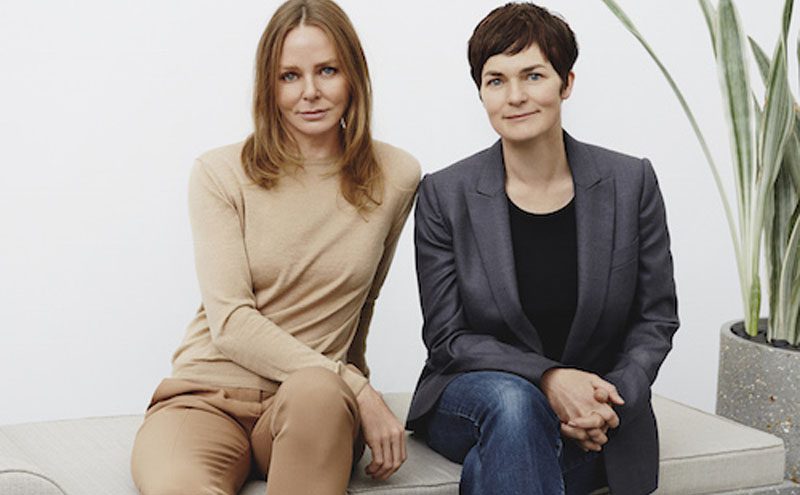
A report launched by the Ellen MacArthur Foundation and Stella McCartney on 28 November calls on the fashion industry to move away from its current, environmentally-destructive course, and to adopt circular economy principles, and eliminate pollution from toxins and microfibres.
A new textiles economy: Redesigning fashion’s future seemingly presents a positive new vision for the industry, and hopes to enlist support for re-making it in a new image. “In a new textiles economy clothes would be designed to last longer, be worn more and be easily rented or resold and recycled, and would not release toxins or pollution,” says a news release from the Ellen MacArthur Foundation.
“Exploring new materials, pioneering business models, harnessing the power of design, and finding ways to scale better technologies and solutions are all needed to create a new textiles economy.”
The report sets out in plain terms some of the extent of the waste and damage currently wreaked by the fashion industry. Every second, the equivalent of one garbage truck of textiles is landfilled or burned. An estimated USD 500 billion value is lost every year due to clothing that’s barely worn and rarely recycled. In the UK alone, the estimated cost to the economy of landfilling clothing and textiles from consumers each year is about £82m.
On its current course, by 2050 the fashion industry will use up around a quarter of the world’s carbon budget. And pollution is a major issue too: clothes release half a million tonnes of microfibres into the ocean every year. At present, microfibres appear to be impossible to clean up and enter the food chain via filter-feeding marine animals.
The report sets out four actions to be taken:
• to phase out substances of concern and microfibre release;
• increase clothing utilisation (by the industry supporting and promoting short-term clothing rental businesses, for example);
• to radically improve recycling;
• and to move to renewable materials.
The report has enlisted the support of a few powerful brands in the sector, including H&M, Lenzing and Nike – all co-partners in realising the vision. It is also receiving funding and philanthropic support from the C&A Foundation.
You can download a copy of the report here, or go here to read a news release about it.







